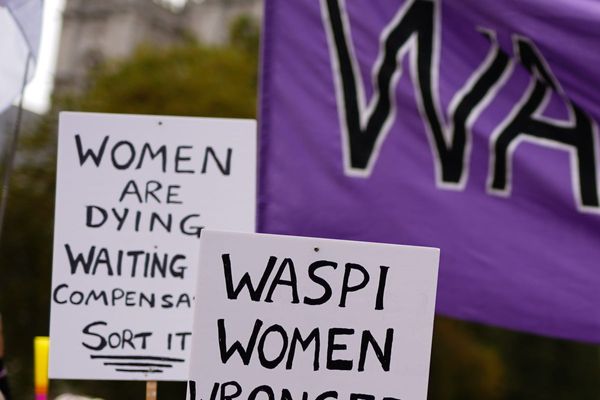
You’ve seen the stories, business or home owners still waiting for their promised payout, a fair payout, or any agreed payout from their scurrilous insurance company.
But are these complaints indicative of widespread difficulties Australians are having getting insurance companies to pay up? Or are they one-off tragic tales that, while certainly deserving of sympathy, tell us nothing about how many people are similarly affected and what broader social, political and/or legal changes are needed?
In the old days, the conclusion to draw from such stories was clear. Why? Because journalists would only write them based on well-researched reports into a widespread problem, which the media would then help to illustrate with one person’s story.
Today the tail wags the dog. Pathos-filled anecdotes fill our feeds, risking compassion fatigue and challenging our trust in the institutions we need to rely on.
Which brings us to the data about how insurance companies are responding to the claims submitted by Australians struck by recent climate disasters — for example, by those whose homes were imperilled by last year’s storms in Victoria’s Dandenong Ranges or by this year’s floods in NSW and Queensland.
The Australian Financial Complaints Authority (AFCA) told Crikey it received 93 complaints from Victorians out of 33,000 insurance claims overall. That’s 0.28% of the total. About 54% of those complaints concerned the denial of claims, and the remainder were divided between concerns about delays and the amount reimbursed.
While it’s too early to say what the final number will be, there have been 216,464 insurance claims from the south-east Queensland/northern NSW floods, and 307 complaints about insurers, banks and other credit providers.
That’s just 0.14% of total claims that have been the subject of a complaint. The residual number of Australians is negligible when you consider that 60% of general insurance claims are resolved by agreement.
This doesn’t mean that you don’t deserve sympathy if you are one of the unlucky ones. Nor am I saying you shouldn’t turn to the media to draw attention to your plight.
My beef is with a media that exploits your story for clicks in a way that suggests to readers that you’re one of many — why else would your individual tragedy be covered by a newspaper — when there’s no evidence this is the case. Especially when the result of this misframing is that citizens become even more cynical, imperilling the smooth working of a society that needs trust to survive.







